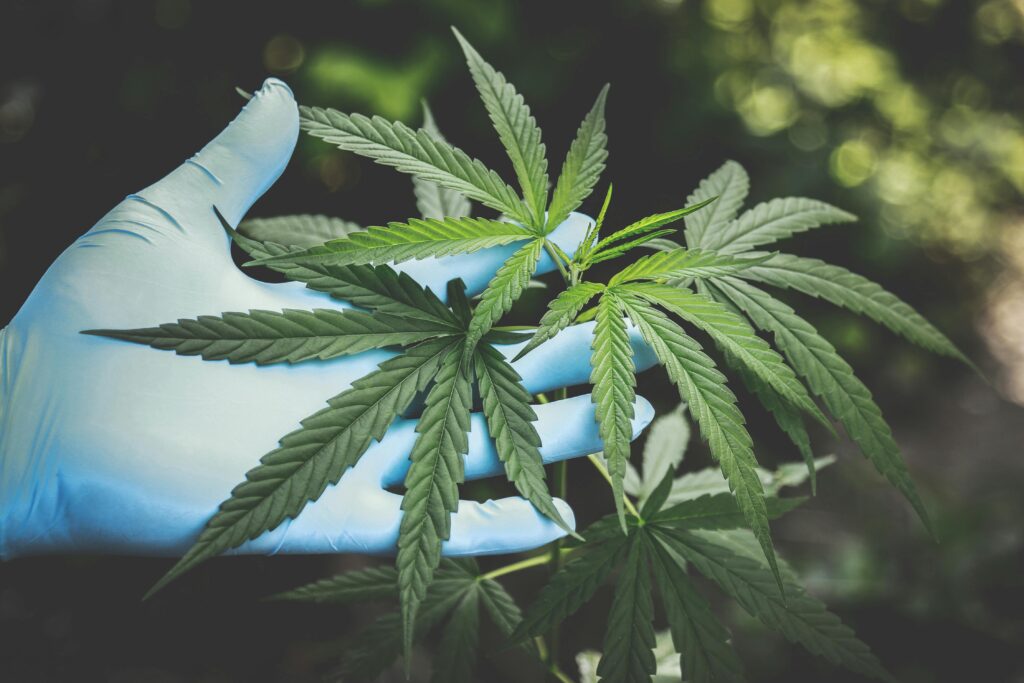Discovering Weed in Stung Treng: Curiosity in Cambodia’s Remote Northeast

Stung Treng, a province in northeastern Cambodia, is known for its scenic landscapes, rich biodiversity, and proximity to the Mekong River. It is a largely rural area where agriculture, fishing, and eco-tourism play significant roles in the local economy. Despite its quiet and traditional way of life, Stung Treng is not immune to the global shift in attitudes toward cannabis, or “weed.” As cannabis legalization and acceptance rise around the world, including for medicinal use, curiosity about cannabis is subtly spreading, even to remote provinces like Stung Treng on discover weed in Stung Treng.
In Cambodia, cannabis remains illegal, and the legal risks are serious. However, the increasing exposure to global trends, particularly through the internet, is gradually influencing how some people in Stung Treng perceive cannabis. While it remains a taboo subject, curiosity about the plant’s medicinal uses and potential benefits is slowly growing. This article will explore the factors driving curiosity in Stung Treng, the challenges posed by cannabis legality, and the potential for changing attitudes in the future on discover weed in Stung Treng.
The Global Shift in Cannabis Perception on discover weed in Stung Treng
As a result, cannabis has become more accepted in many parts of the world, and conversations about its medicinal properties have moved into the mainstream on discover weed in Stung Treng.
In Cambodia, where cannabis remains illegal, access to information about the global cannabis movement is slowly becoming more common. With increasing internet access, people in rural regions like Stung Treng are starting to learn about cannabis’s potential health benefits.
Cannabis Curiosity in Stung Treng
While cannabis remains a controversial topic in Stung Treng, there is a quiet curiosity, particularly among younger people. Thanks to smartphones and social media, younger generations are able to access a wealth of information about cannabis. They come across articles, videos, and discussions about cannabis’s therapeutic uses, including its ability to ease pain and anxiety, making it an appealing topic for many.
However, public conversations about cannabis are rare, and most people in Stung Treng keep their curiosity hidden.
Even though cannabis is illegal, some people in Stung Treng may quietly explore information or experiment with the plant in secret, but they tend to be very cautious. The stigma around drug use in Cambodia, particularly in small towns and rural areas, keeps discussions about cannabis in the shadows.
Legal and Social Risks
Cannabis is illegal in Cambodia, and the legal consequences for possessing or using it are severe. Those caught with cannabis can face long prison sentences, fines, and lasting criminal records. This creates a significant deterrent for anyone in Stung Treng considering cannabis, as the legal risks are high.
Moreover, Cambodia’s social norms around drug use are conservative. Cannabis is viewed as a harmful substance, and anyone caught using it could be subject to harsh social stigmatization. In a tight-knit community like Stung Treng, where personal reputation is tied to family honor and community respect, any association with drugs can result in exclusion and loss of face. This social pressure leads many people to keep their curiosity about cannabis to themselves and avoid discussing it openly.
The Gradual Shift Toward Openness
Despite the legal and social challenges, global trends in cannabis legalization and the increasing access to information may slowly influence attitudes in Stung Treng over time. As younger generations continue to learn about the potential medical benefits of cannabis, they may begin to question the traditional perspectives that have held sway in their communities.
Any change in Stung Treng will be gradual. Cambodia’s strict drug laws and cultural values will likely slow the process, but as more information becomes available and global attitudes shift, people in rural areas like Stung Treng might become more open-minded toward cannabis in the future. While change may take time, the younger generation’s curiosity could lead to more discussions in private circles and, eventually, more open conversations about cannabis.
Conclusion
In Stung Treng, cannabis remains a largely taboo subject due to both the legal risks and strong social stigmas surrounding its use. However, the growing global awareness of cannabis’s potential medicinal benefits and the increased access to information via the internet are fostering curiosity among the younger population. While cannabis remains illegal in Cambodia, it is likely that attitudes in Stung Treng may gradually shift as global conversations about cannabis continue to influence local perceptions. For now, curiosity about cannabis in Stung Treng exists quietly, but it is clear that a gradual change is on the horizon as younger people continue to learn more about the plant and its potential uses.
I have used Jay ( greenleafemporium1@gmail.com ) at least 3-4 times and every time it has been top notch. He is the best local plug you can find around. He is very pleasant, friendly and fast. He is a lifesaver.
He sells top shelf WEED and other stuffs at moderate prices. I will always recommend this guy when people ask me my ” go-to”. All you have to do is follow his instructions.
Just send him an email and I bet you will come back for more once you finish what you bought because the quality is incredible.
You can find him on telegram by clicking:https://t.me/Greenleafemporium1
“I noticed a huge reduction in my anxiety after using their products highly recommended .”
Great service, easy to work with and I’m very satisfied. I’m so happy I found JAY here. He is super responsive, on time and the quality of weed he sells are serious on point and top notch.